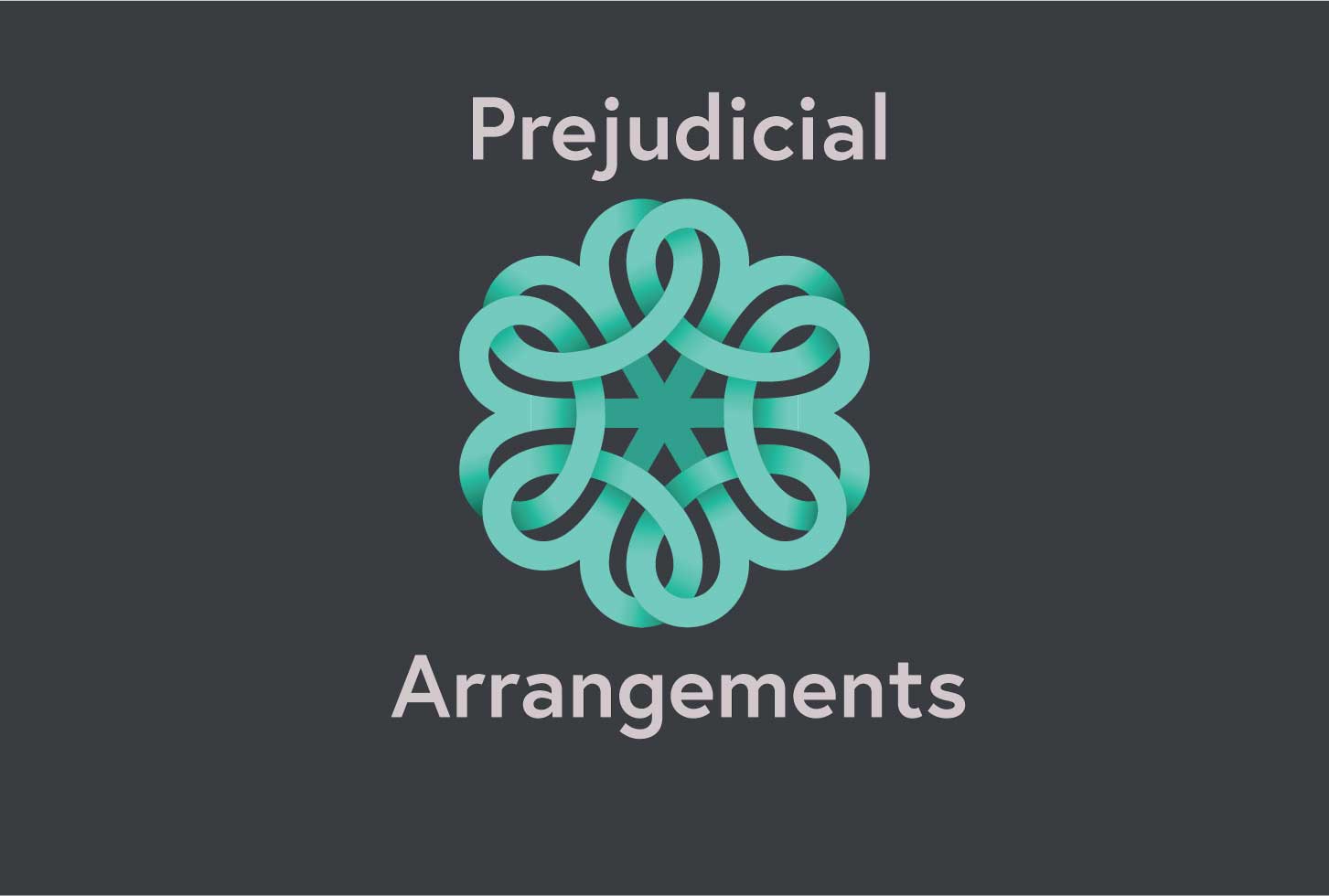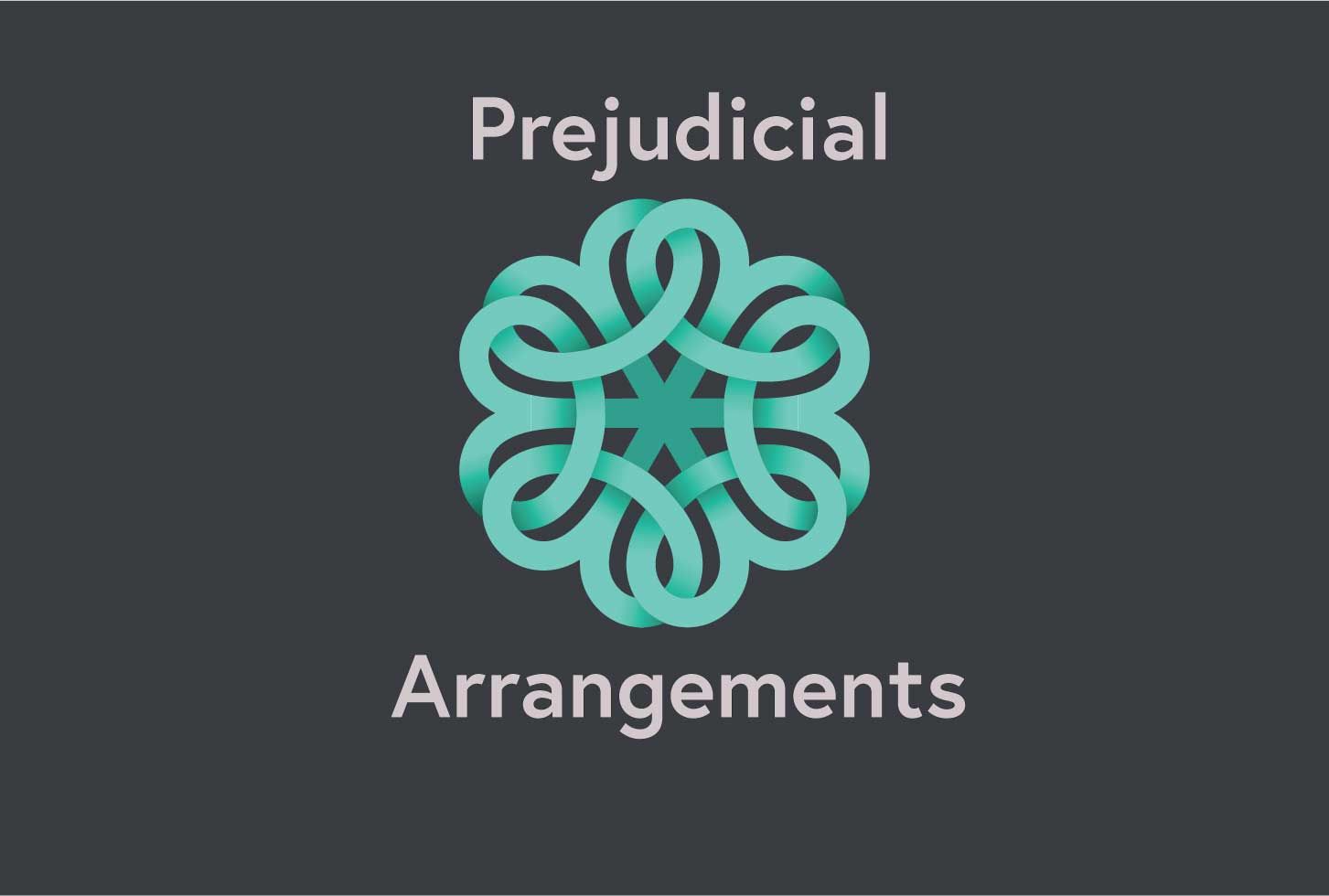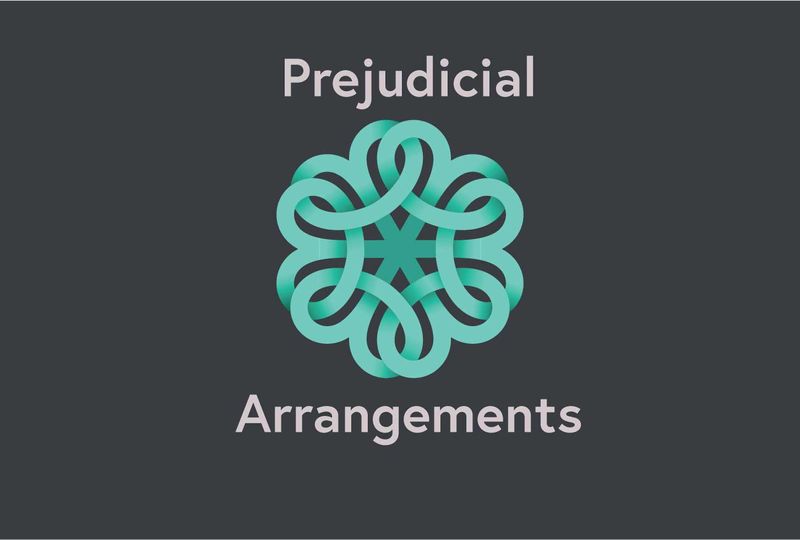Wonder is the Baseline and the Wellspring

Flight the Fower and Leave Well Enough Alone
Sophia sat on a bench, the cool twilight air nipping at her cheeks, a book lay open on her lap but her eyes were lost in the sky. A flock of birds, in perfect synchrony, swooped and rose, a fluid dance of freedom and precision. As she marveled at their effortless flight, an old man shuffled towards her. His face was folded in a thousand wrinkles, each one a story of laughter or sorrow.
It is no use to blame the looking glass if your face is awry.
— Nikolai Gogol (1809-1852)
Sophia turned to the old man, momentarily puzzled. He pointed at her reflection in the pond, distorted by the ripples. "People tend to blame the world for their woes, without realizing their own distortions," he explained, sitting beside her.
Sophia pondered over the man's words. It was a lesson she'd learned in her youth, when she'd spent days fretting over her imperfections, blaming mirrors, blaming shadows. Yet, the fault, the twist, had always been within, her own skewed perspective coloring her world.
Over the next days, Sophia's encounters with the old man grew frequent, their conversations flowing from the frivolous to the philosophical. They laughed over shared stories of past follies, of the time Sophia tried to "fix" her grandmother's perfect recipe, only to ruin a perfectly good pie, or the old man's attempt to "improve" his wife's garden, which had thrived on benign neglect until his well-meaning interference.
Alexander, on the other hand, was the epitome of meddling. His presence in Sophia's life was like a whirlwind, rearranging what little order she had. It was on a particularly disruptive afternoon that he burst into her apartment, with a scheme to revolutionize her work as a graphic designer.
"You've got to seize the day, Sophia! This design could be your Möbius strip – endless potential!" Alexander exclaimed, scattering her pencils and papers in his excitement.
Sophia listened patiently to Alexander's elaborate plans, each more convoluted than the last. He saw himself as an innovator, but all too often, his grand ideas tangled in their own complexity, much like the intricate knot on her recent design project, a visual paradox of prejudicial arrangements.
Alexander had the knack for turning the simple into the labyrinthine, convinced that complexity meant improvement. Yet Sophia, influenced by the old man's words, knew the grace of simplicity, the power in letting things be.
In the quiet after Alexander's departure, Sophia sat down at her drawing table. Her hand moved with a gentle assurance, crafting designs that whispered of elegance in their unassuming beauty. The simplicity of her work was like the birds in flight, each line and curve a testament to the beauty of restraint, a nod to the wisdom of leaving well enough alone.
As twilight approached, Sophia returned to her bench, her faithful old friend shuffling towards her. They sat in companionable silence, watching the seamless flow of the birds. No grand gestures, no unnecessary flourishes, just the purity of life, unadorned and utterly perfect. In that moment, Sophia knew she had captured the essence of her art, and perhaps, of life itself. Alexander's whirlwind of ideas, though amusing, was unnecessary. The beauty, as the old man had shown her, lay in the uncomplicated truth reflected in still water.
The birds, as if privy to their understanding, flew on, painting the sky with the simplest strokes of existence.

The planksip Writers' Cooperative is proud to sponsor an exciting article rewriting competition where you can win part of over $750,000 in available prize money.
Figures of Speech Collection Personified
Our editorial instructions for your contest submission are simple: incorporate the quotes and imagery from the above article into your submission.
What emerges is entirely up to you!
Winners receive $500 per winning entry multiplied by the article's featured quotes. Our largest prize is $8,000 for rewriting the following article;

At planksip, we believe in changing the way people engage—at least, that's the Idea (ἰδέα). By becoming a member of our thought-provoking community, you'll have the chance to win incredible prizes and access our extensive network of media outlets, which will amplify your voice as a thought leader. Your membership truly matters!


